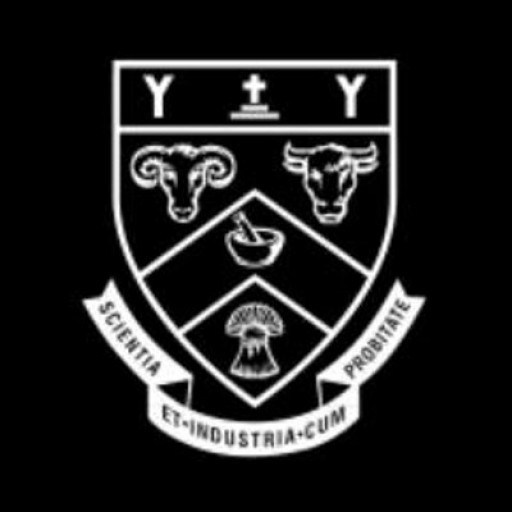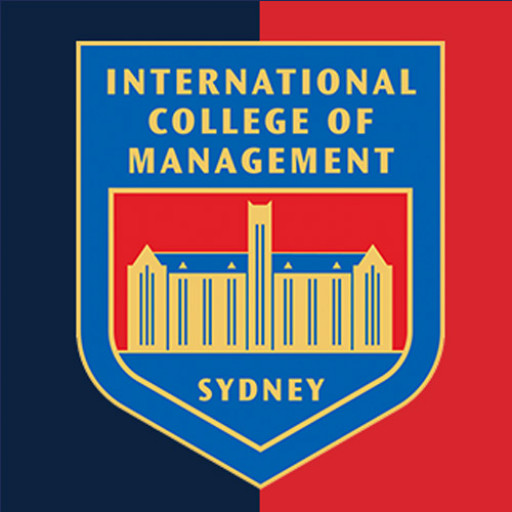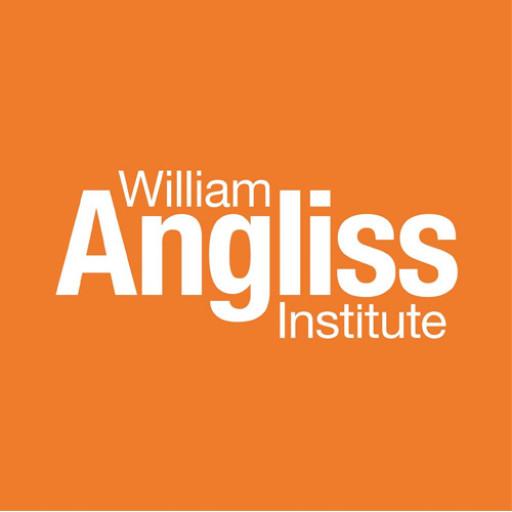Photos of university / #universityofotago
The Bachelor of Tourism at the University of Otago provides students with a comprehensive understanding of the dynamic tourism industry and its significance within the global economy. This programme is designed to equip students with a broad range of skills, including strategic planning, sustainable development, cultural awareness, and effective communication, all of which are essential for a successful career in tourism. Throughout the course, students explore various aspects of tourism such as ecotourism, adventure tourism, event management, hospitality, and destination marketing, gaining both theoretical knowledge and practical skills. The programme emphasizes sustainable tourism practices, encouraging students to consider environmental, social, and economic impacts to develop responsible and innovative solutions for the industry. Students benefit from close ties with industry partners and engage in real-world projects, internships, and field trips that enhance their professional experience. The curriculum also includes opportunities for specialization in areas such as tourism management, tourism policy, or marketing, allowing students to tailor their degree to their career interests. With a focus on global perspectives, cultural understanding, and ethical considerations, the Bachelor of Tourism prepares graduates to pursue careers in tourism planning, development, management, and consultancy both within New Zealand and internationally. The programme is delivered by experienced faculty members who are experts in tourism studies, providing students with valuable mentorship and insights into current industry trends. Graduates of the Bachelor of Tourism are well-positioned to contribute to sustainable tourism initiatives, stimulate regional economic growth, and promote cultural exchange, making a positive impact on communities and environments around the world.
Structure of the Programme
- The programme of study shall consist of
- 400-level papers worth 120 points, including TOUR 417, TOUR 423, TOUR 424; a maximum of 20 points can be included for non-Tourism electives.
- a project embodying the results of supervised individual research (TOUR 590, 60 points).
- The candidate shall, before commencing the investigation to be described in the research project, secure the approval of the Head of the Department of Tourism for the topic, the supervisor(s) and the proposed course of the investigation. Entry to the research project is subject to satisfactory performance in the papers component of the programme.
- A candidate may not include in a research project any work which has previously been accepted for another qualification.
Withdrawal from the Programme
A candidate who wishes to withdraw from the programme may apply for the award of the Postgraduate Diploma in Commerce (PGDipCom) in Tourism or the Diploma for Graduates (DipGrad) if all the requirements for the qualification has been satisfied.
Examination of the Research Project
- The research project shall be assessed by at least two examiners, at least one of whom shall be external to the University.
- The candidate's supervisor shall not be an examiner but may make a report on the work of the candidate to the Head of Department of Tourism.
- Each examiner shall supply a written report on the research project and recommend a mark and grade on the basis of the research project as submitted, and an overall result selected from the options as specified in clause (d) below.
- The examiners may recommend that a research project:
- be accepted without amendments;
- be accepted subject to amendments being made at the discretion, and to the satisfaction, of the Head of Department of Tourism;
- does not meet the criteria for the award of the degree, but may be revised and resubmitted for examination;
- does not meet the criteria for the award of the degree, and should be rejected without right of submission.
- Amendments (regulation 5(d)(ii)) and revisions (regulation 5(d)(iii)) shall be completed by a specified date to be determined by the Head of Department of Tourism.
- A candidate shall be permitted to revise and resubmit a research project for examination once only.
- If a revised and resubmitted research project is finally accepted, the result shall be either 'Pass' or 'Fail' (i.e. ungraded) and without eligibility for the award of the degree with distinction or credit.
- Where examiners cannot agree on a result, the Head of Department of Tourism should so report to the Pro-Vice-Chancellor (Commerce) or nominee who shall arrive at a decision after consulting a referee who should normally be external to the University.
The Bachelor of Tourism is a comprehensive undergraduate program offered by the University of Otago, designed to equip students with a thorough understanding of the tourism industry, its principles, and practices. The program emphasizes a multidimensional approach, integrating knowledge from disciplines such as geography, economics, management, and environmental studies to prepare graduates for diverse roles within the tourism sector. Students are required to complete a specified number of coursework and may have opportunities for practical experience through internships or industry projects.
The degree typically comprises core courses, electives, and capstone projects, with a focus on sustainable tourism development, tourism marketing, policy, and planning. Incoming students must meet the university’s general entrance requirements and may also need to satisfy prerequisites for specific tourism courses. Throughout the program, students are encouraged to develop critical thinking, analytical skills, and cultural awareness, which are essential for addressing contemporary challenges in tourism.
Students are expected to complete a minimum of 360 points over the duration of the program, with core courses accounting for a significant portion. For majors in tourism, students generally undertake specialized coursework in tourism management, visitor behaviour, and industry operations. Elective courses allow students to broaden their expertise in related areas such as hospitality, event management, or sustainable development.
The program also fosters practical skills through opportunities such as field trips, industry placements, or collaborative projects with tourism organizations. These experiential learning components are crucial for gaining real-world insights and establishing professional networks. To graduate, students must maintain satisfactory academic progress, pass all required courses, and complete any mandated internships or practical assessments.
Overall, the University of Otago’s Bachelor of Tourism prepares students for employment opportunities across the tourism industry, government agencies, and non-governmental organizations, with a strong emphasis on ethical practices and sustainable development principles. The program is suitable for students passionate about travel, culture, and environment, seeking to contribute positively to the dynamic field of tourism.
The University of Otago offers a comprehensive range of financial support options for students enrolled in its Tourism programs, designed to assist students in managing the costs associated with their education. Funding sources include government-issued loans and allowances, scholarships, bursaries, and grants specific to the university or the field of tourism. Domestic students may be eligible for student loans through the New Zealand Student Loan Scheme, which allows eligible students to borrow funds to cover Tuition fees and Living costs during their study period. These loans are repayment-based and accrue interest once the student is earning above a specified threshold after graduation. Additionally, the university provides various scholarships and awards aimed at supporting students with academic excellence, financial hardship, or specific demographic backgrounds. Some scholarships are specifically targeted at students pursuing degrees in Tourism, Hospitality, or related fields, providing financial assistance that can be used towards tuition, fees, textbooks, or living expenses. Bursaries are also available, offering non-repayable financial aid to students facing unforeseen financial difficulties. International students studying Tourism at Otago may seek external funding options, including scholarships offered by their home countries, private organizations, or international tourism associations. The university’s financial aid office provides guidance and support to help students identify eligible funding opportunities and complete application processes. Payment plans and financial counseling services are also accessible to assist students in budgeting and managing their educational expenses effectively. For students enrolled in research-based or postgraduate Tourism programs, additional funding may be available through research grants, tuition exemptions, or teaching assistantships, depending on academic performance and research commitments. Overall, Otago’s approach to financing studies emphasizes accessibility, support, and flexibility, ensuring students can focus on their academic and professional development in the field of Tourism without undue financial stress.
The Bachelor of Commerce in Tourism at the University of Otago is a comprehensive undergraduate program designed to equip students with a deep understanding of the tourism industry, its economic, environmental, and cultural impacts. The program provides a broad-based education in business principles, complemented by specialized coursework focusing on tourism management, sustainable tourism practices, marketing, and hospitality operations. Students explore the dynamics of global tourism markets, the development of tourist destinations, and the strategic planning required to sustain and grow the tourism sector responsibly. The curriculum emphasizes practical skills, critical thinking, and policy analysis to prepare graduates for diverse careers within tourism and related sectors. Students have opportunities for hands-on learning through industry projects, internships, and field trips, promoting real-world experience and professional networking. The program also encourages interdisciplinary approaches by integrating insights from geography, environmental science, economics, and social sciences. Graduates are well-positioned to pursue roles in tourism development, destination management, tourism marketing, event management, and sustainable tourism initiatives. The University of Otago’s strong links with industry partners and recent emphasis on sustainability ensure that students are prepared to address contemporary challenges faced by the tourism industry. The program typically spans three years for full-time students and includes components that foster leadership, innovation, and ethical decision-making in tourism contexts. Upon completion, students are equipped to contribute effectively to the growth and sustainability of tourism ventures domestically and internationally, making a positive impact on local communities and the environment.







